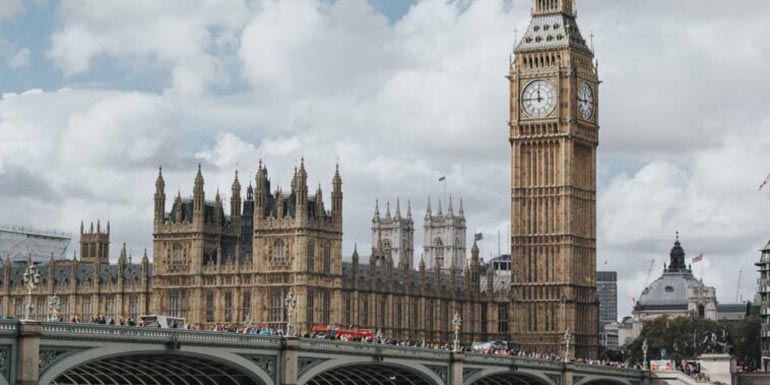A no deal Brexit has officially begun and industries across the board will begin to feel the effects. A big part of the campaign for Brexit was job security for the British. The UK National Health Service (NHS) and care providers have always had this on their mind and worried about the impact.
The UK government has announced their new point based immigration system, with a goal to eliminate the “distortion” caused by EU freedom of movement and wean businesses off cheap migrant labor. Stating that British companies will have to work harder to recruit and retain British staff.
The issue is that many care providers are considered low-skilled and or are self employed. EU nationals currently make up 104,000 of those working in care in the UK, and many provide live-in care to support the elder community who want to stay in their own homes.
NHS states that currently there is a shortage of almost 100,000 staff in the care system. With key groups of essential staff, including nurses, many types of doctors, allied health professionals and care staff being mainly affected.
There’ll be 14.5 million people aged over 65 by 2035. To cope with that rise, around 650,000 extra care jobs will be needed. The question is will the new point system have to be adjusted to support more diversity in care that has been deemed ¨low skilled¨ work or can the NHS boost levels of British workers in the care sector.
As the negotiations with the EU continue with the no deal Brexit European residents continue to listen in on what will be the fate of the British and those who wish to work there.








